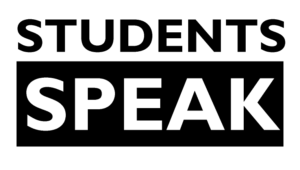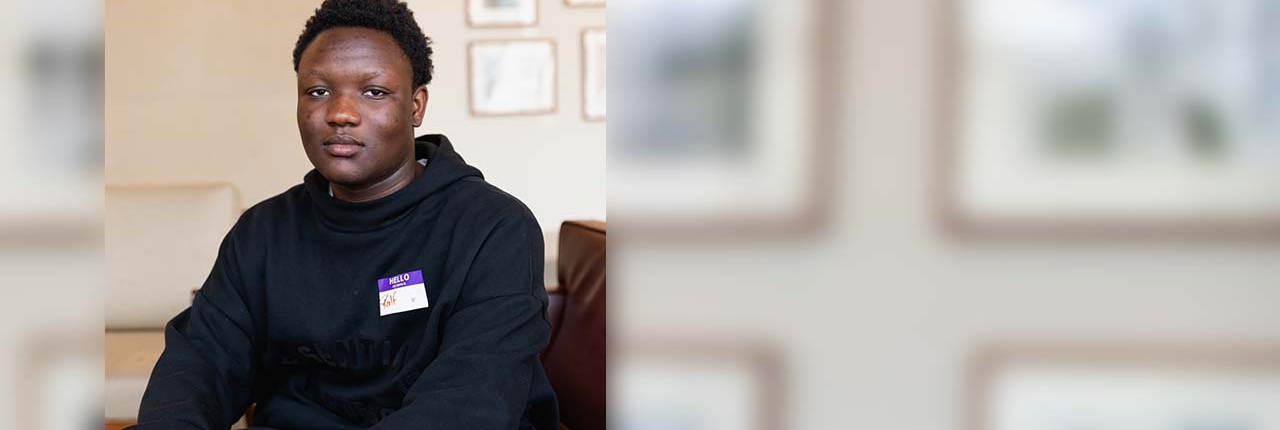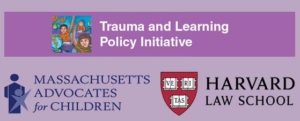Hello, my name is Ralf, and I am a proud student at Southeastern Vocational High School. I’d like to share about my personal growth through vocational education, address the challenges posed by the current educational model at Southeastern, and advocate for expanding vocational opportunities for other students within our community.
Vocational education, particularly practical shop learning in plumbing, has given me invaluable skills and a clear vision for my future. This hands-on approach has prepared me technically and got me interested in innovation and entrepreneurship. Upon completion of my high school journey, I will emerge not just as a student with specialized skills in plumbing but as an individual with a robust understanding of my career prospects and a readiness to contribute effectively to the workforce as a thoughtful youth.
While I have particularly enjoyed my practical learning experience, the current curriculum, with a week of practical shop followed by a week of traditional academics, causes undue stress on the students. Shop weeks allow for a focus on practical skills with minimal after-school commitments. Conversely, during academic weeks there is a hurried pace to complete homework and prepare for tests, fostering a cramming culture that hinders long-term knowledge retention. An integrated curriculum that evenly distributes assignments across both shop and academics would alleviate stress from students, making education both more engaging and effective.
Reflecting on my two years at Southeastern, I feel lucky to be in an environment that blends traditional academics and practical skills. I contrast it with the experience with what I’ve heard from friends at Brockton High School, where class sizes are much larger, and students do not get the benefits of vocational education. This difference not only highlights my fortunate position but also underscores the need to expand vocational education opportunities to more students.
Combining vocational training with traditional academic education offers a pathway to brighter futures for a broader student population. A balanced educational approach, combining academics with practical skills with entrepreneurship, could revolutionize the learning experience, significantly enhancing student preparedness for both future careers and life. This combination promises to equip more students with the tools necessary to navigate real-world challenges, creating a generation that is both skilled and adaptable.
In closing, I implore legislators to reflect on the critical need for educational reform that bridges the gap between vocational and academic learning. Let us commit to an educational system that truly prepares students for success in their lives and careers. Thank you for allowing me the opportunity to share my perspective and for considering the vital role of vocational education in shaping the future of our society.


